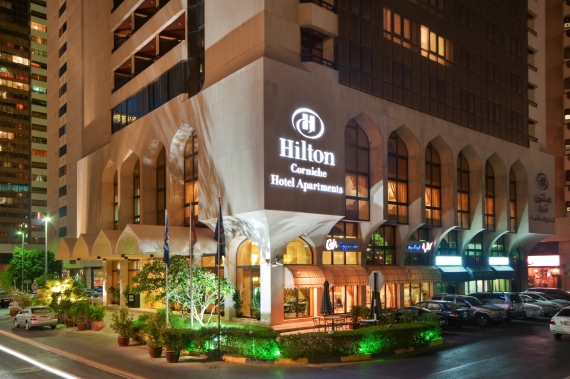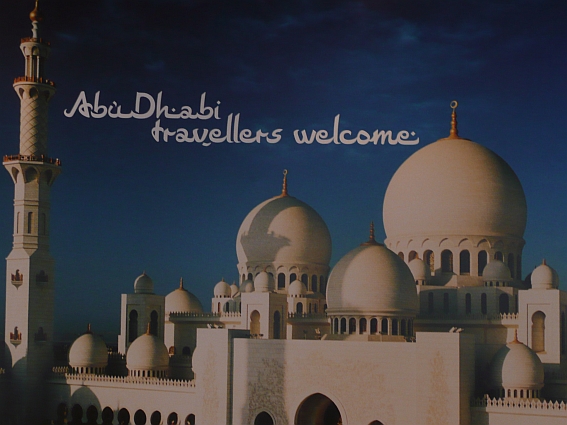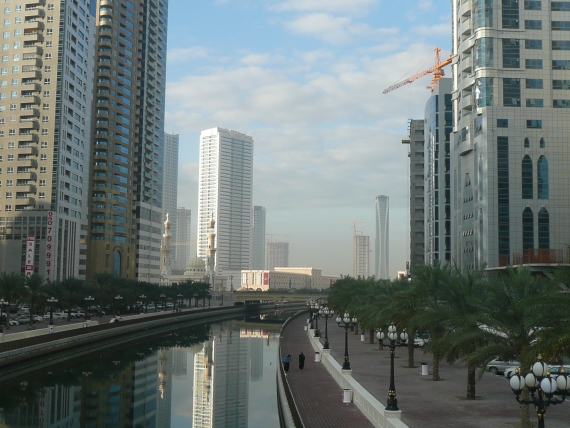
News & Stories
Munich. Again in 2010, Expo Real will be taking up six halls at the New Munich Trade Fair Centre, covering a total of 64,000 sq.m. of exhibition space. This equals the level of bookings achieved for Expo Real 2009. Europe´s largest trade fair for commercial property and investment takes place from 4 to 6 October 2010 in Munich. Hotel experts are looking forward to the "Hospitality Industry Dialogue" coming up with hot topics again.
Frankfurt/Main. As a destination for meetings and conventions, Germany is number 1 in Europe for the sixth time running and number 2 in the world-wide rankings, which have now been published by the International Congress & Convention Association.
Bethesda. Actually you can meet virtually at five teleconference studios in Marriott Hotels located in the US. New locations in Asia, the US and Europe for "telepresence meetings" will follow soon.
Frankfurt. Marriott Hotels & Resorts published results of a survey among business travellers of the four major markets U.S.A., China, Germany, and the United Kingdom. Only the Chinese plan to increase travel.
Dubai/Abu Dhabi. "Why should investors from the Middle East put a foreign brand name on their roofs? This is a question asked by more and more local business people," Thomas Tapken says, Group General Manager of the young City Seasons Group of Hotels in Dubai. He himself has spent the last eight years with Moevenpick Middle East and now brings his knowledge to bear for the benefit of an Arabian investor family. Among the brand new local hotel chains in the United Arab Emirates is Action Group – and this group quite consciously places foreign brands on its roofs. Newly established companies like this one are exposed right from their inception to competitive pressures originating from established hotel groups such as the Abu Dhabi National Hotels, the oldest hotel group in the region, or Rotana Hotels, one of the oldest of the new groups. They all have one thing in common: The intention to grow quickly – either alone or aided by international brands. Newcomers to the Arabian hospitality sector learn quickly and hone in on "best practices". Each one, however, wants to retain its own signature traits.
Dubai/Abu Dhabi. The show really is now over. The hospitality industry in the Middle East moves towards a realistic view of the market. Meanwhile, there are more indicative statistics and figures available on the current development on the region. Dubai remains the hub of the Middle East with Abu Dhabi following slowly with more specialised offers. A certain and widespread competition has now developed between the two Emirates. And both are worrying about over-capacities and price dumping. On positive note, the financial and economic crisis hasn't hit the Middle East as hard as the USA or Europe. Yet the loss of face is difficult for the Emirates to deal with.
Dubai. The final attendance figures of the 17th "Arabian Travel Market" in Dubai were not yet available at yesterday’s editorial deadline, but organisers talked of a slight increase on the first day. However, the ATM was not too crowded on the first two days. Dubai’s hotel industry is still suffering from the fierce setbacks of the past year.
Dubai. For many international hotel groups, European hotel developments are clearly at the bottom of their ambitious expansion lists. At the International Hotel Investment Forum in Berlin, CEOs carefully hinted at it, but at this week’s Arabian Hotel Investment Conference in Dubai, it was clearly voiced. More than ever, investors and operators are looking at Asia, the Middle East and Africa. Mainly Northern Africa – with Morocco at the centre – has come into public focus as a market with huge potential. In general, investors from all over the world need to practise more modesty. With full power, the young and stable "emerging markets" will push the established, highly indebted industrial nations of the west to the bottom of the ranking. Experts speak of a total shift – a fundamental economic change that will also impact hotel investments.
Pohlheim. With "MyPassion-Tours", a new tour operator appears with a special programme for single travellers and for people who want to take some time out. Direct booking methods are preferred here.
Sharjah. The third largest Arabian Emirate, Sharjah, is focussing on culture and families in an attempt to set itself apart from the glitz and glamour of neighbouring Dubai. But in Sharjah too, all signs point to growth. The number of hotel rooms and apartment complexes is to grow from 8,500 to 12,000 by 2013. This is also to include the construction of ten new luxury hotels. Up to now, the 3-star hotels are dominating. At the four-day "Arabian Travel Market" commencing next Tuesday in Dubai, Sharjah will present its most recent projects.




